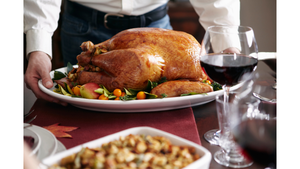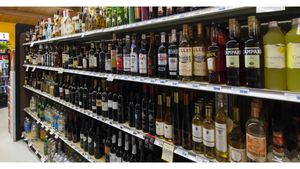Retailers shift apple displays to accommodate new varieties
January 1, 2018
Produce executives at supermarkets are responding to the rapid growth of branded apples by re-thinking shelf and distribution strategies. Scan data reports for U.S. supermarkets that while supermarkets are generally maintaining displays of mainline apple varieties many of the legacy and niche varieties are losing space to the emerging apple brands. According to Steve Lutz, vice president of marketing for CMI, a review of the U.S. supermarket distribution practices at over 18,000 grocery stores shows that a shift is underway. “There was a very large national apple crop this year including both traditional varieties and large increases in the new branded apples,” says Lutz. “With a full crop, we can clearly see trends of retailers shifting the criteria for determining which apples get on the shelf.” “Top mainline varieties, like Gala, Honeycrisp, Reds, Granny and Fuji continue to have solid retail support with over 96% national distribution,” says Lutz. “However, we’re seeing a shift in retail distribution away from certain niche apples and regional varieties toward the new emerging branded apples." Lutz reports based on Nielsen scan data over the last 13 weeks the top 5 varieties (Gala, Honeycrisp, Reds, Fuji, Granny) all maintained distribution in excess of 96% of retail stores. During the same period, several well-known apples like Braeburn, Empire, Pink Lady, Romes and Cameo all saw significant erosion in retail supermarket distribution. “The shift for successful retailers seems to be in seizing the opportunity with the emerging branded apples while they’re hot,” says Don Patella, regional marketing director for CMI. “For example, store expansion for Ambrosia and KIKU brand apples were among the largest in the apple category. Over the last 13 weeks compared to the previous year, Ambrosia distribution jumped from 61% to 77% of retail stores while KIKU increased from 35% to 42%.” Patella adds that because branded apples carry higher retail prices, many retailers are increasing their dollar performance simply by changing the apple mix offered to consumers. “KIKU carries an average retail price of about $1.95 per pound,” says Patella. “In general, that is a retail price premium of at least 10-15% over most of the legacy varieties KIKU has replaced. That shift increases transaction size and overall category performance for retailers.”
About the Author
You May Also Like




